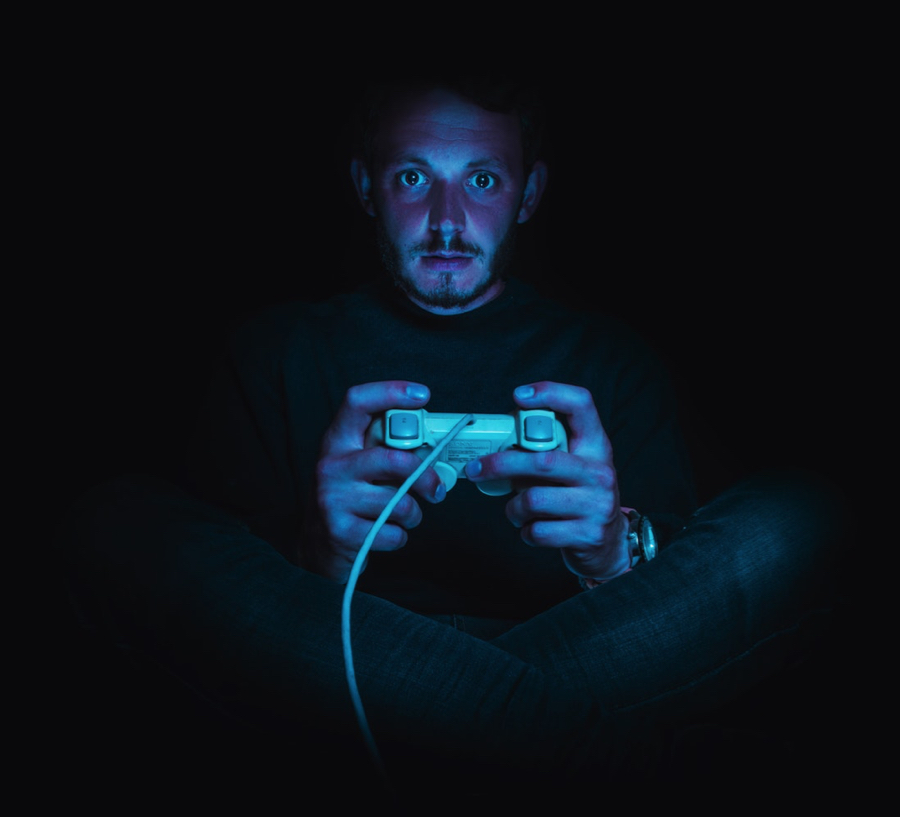
After video game addiction was recognized as a disorder by the World Health Organization in 2018, some other studies and academic papers are showing that video games can actually be therapeutic.
Video games are dominating the entertainment industry.
BLASTING THE COMPETITION
In 2018, more than 211 million Americans played games, according to Variety. That’s nearly 70 percent of the U.S. population.
Video games slaughtered the rest of the entertainment industry last year, with more entertainment dollars spent on games than on Hollywood movies, according to The Hollywood Reporter. Ticket sales for movies grossed $11.9 billion in 2018, compared to video games’ $109.8 billion.
GAME OF THERAPY
One academic study in The Journal of Pop Culture examined patients with traumatic brain injury (TBI). Overseeing weekly one-hour game-based group therapy, researchers found that video games help with self-awareness, social skills, and behaviors in people with TBI.
Video games, particularly serious ones, can also be helpful to those who struggle with bulimia, according to one study. The games can have positive effects when used alongside cognitive behavioral therapy. Bulimia patients undergoing CBT and playing games saw their disease go into partial or full remission after the video game treatment, compared to the control group who did not play games.
We’ve even seen the first mentally ill character in a game in 2016’s Hellblade.
BAD RAP
Video games as represented in the news media and in scientific research often have negative connotations. In the wake of the massacres at Columbine, Virginia Tech, and Sandy Hook, parents and lawmakers were quick to blame violent video games as a culprit.
A 2014 article in American Psychologist points out:
We recognize the value of that research; however, we argue that a more balanced perspective is needed, one that considers not only the possible negative effects but also the benefits of playing these games… Game designers are wizards of engagement. They have mastered the art of pulling people of all ages into virtual environments, having them work toward meaningful goals, persevere in the face of multiple failures, and celebrate the rare moments of triumph after successfully completing challenging tasks.
In other words, playing games not only entertains but can up your ambition, teach strategy, and make the gamer feel a sense of accomplishment.
I couldn’t agree more. Call me nostalgic, but I recently bought an old-school Playstation 2 to revisit the games I used to play in college, namely skateboarding game Tony Hawk’s Pro Skater, SSX Tricky snowboarding, and Final Fantasy IX.
And I have to say, these games have been a good distraction during my recent depression and helped elevate my mood. So I can report first-hand that video games can indeed be therapeutic. But as the adage goes, “everything in moderation.” If you follow that saying, you’re good to go. Game on!

